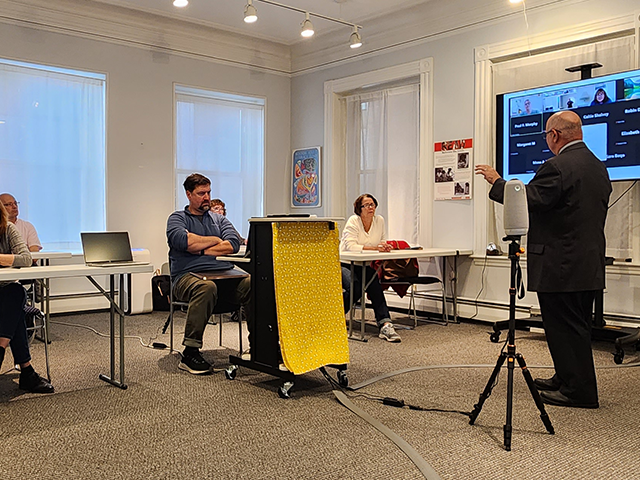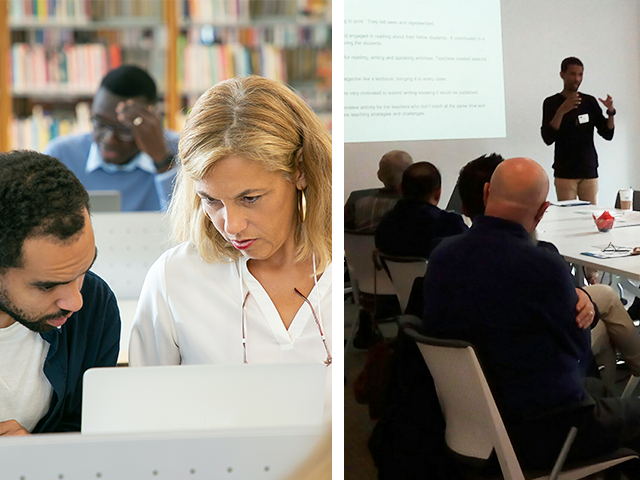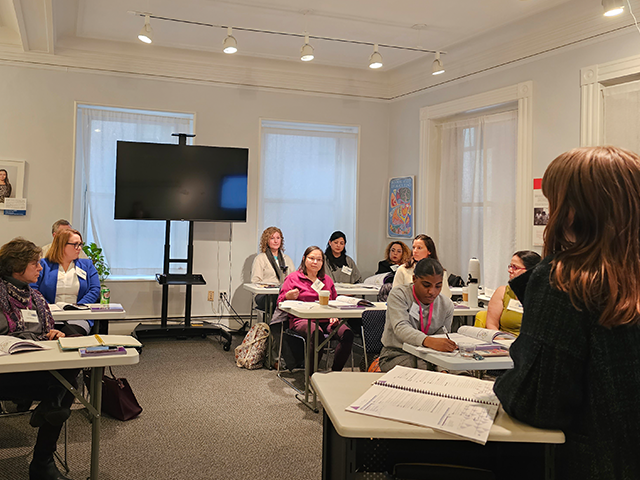Established in 1988 as a grant-making organization, First Literacy has always focused on improving Adult Basic Education in the community. Since First Literacy was created, grant funding initiatives have grown immensely. In 2023, our innovative grant-funded initiatives impacted over 1,200 adult learners throughout Massachusetts.






